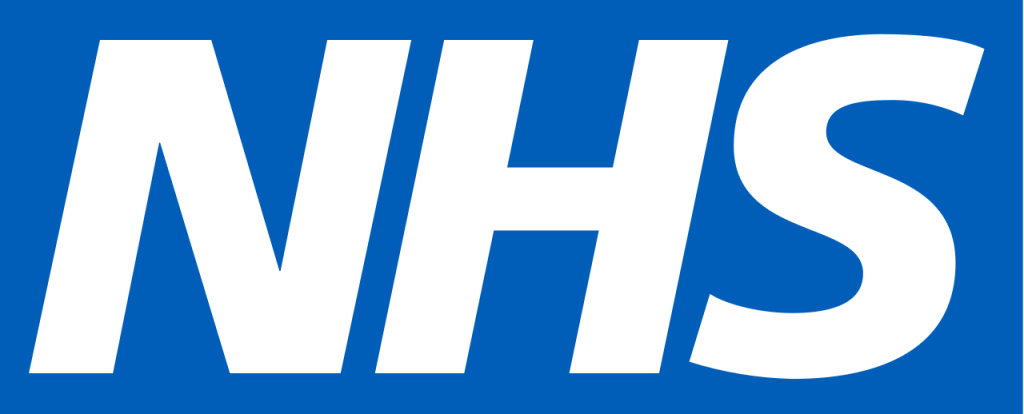Dr Raj Kumar. National Chair, NHS Clinical Leaders Network

In the realm of healthcare, the term “clinical leadership” has often been associated with crisis management.
This was particularly evident during the tumultuous times of the recent pandemic. The extent of our current challenges is particularly severe and at a scale that I have never witnessed in my career or lifetime. However, it is crucial to recognise that the role and impact of clinical counsel and leadership received during our time of need must extend far beyond the exceptional circumstances of the Covid-19.
Put simply, we need to ensure that clinical leaders continue to be heard as advocates for safe and effective care for our patients.
Social care challenges are well recognised as impacting an already overloaded healthcare system, as well as contributing to a lack of adequate post-discharge community beds and associated facilities to release hospital beds.
Faced with these complex challenges, prioritizing, respecting and valuing clinical leadership will be key if we are to deliver the much-needed transformation that Health and Care systems need.
Having embedded clinicians within national, regional, or local transformation projects around health and care will be vital to ensuring their success.
The NHS Clinical Leaders Network (NHS CLN) was created in 2006 by the Department of Health, to strengthen frontline clinical engagement and leadership. And this has never been more important for bringing this transformation to life.
I believe that we have a vital role to play in bringing about a sustainable future health and social care system, through focusing on the following key areas:
Clinical leadership support for our policy makers and emerging structures
During the pandemic, having a senior clinician alongside our political leaders in daily updates served the nation well, but we need to ensure that for long-term planning and transformation that we have the same respect, value and visibility for our clinical leadership.
The new ICS model with its focus on integrated care is a great opportunity to embed clinical leadership. This impact of this can be far-reaching and supportive of current and future challenges.
The CLN has a clinical and care leadership development model which is generic, inclusive, multidisciplinary, and one that recognises the strengths of integrating all clinical and care roles.
Strengthening the Clinical and Care providers workforce
The extent of the current challenges posed to the health and care sector is particularly severe and at a scale that most of us have ever witnessed in our careers. This is not only related to funding, but also other key factors such as skilled workforce shortages, increasing needs of an ageing population, and managing increasing patient expectations in accessing health or social care services.
The NHS CLN recognises the changing face of the frontline clinical and care delivery workforce, and we believe that our leadership models need to be inclusive and represent all members of these teams.
Our clinical and care leadership development model needs to be generic, inclusive and multidisciplinary, recognising the strengths of all these clinical and care service delivery personnel.
Managing patients’ expectations, and embracing appropriate technology
People are living longer; and the advancement of treatments and advent of new therapies and digital technology is enhancing the quality of life of people. People’s expectations are rising with these advancements and it’s important that we design structures and pathways that support self-help as well as access to clinical advice or interventions when needed.
We need clinical oversight on all aspects of these developments to ensure that these digital products are fit for purpose and that they keep our patients safe.
Artificial Intelligence (AI) in healthcare
The future of AI is another area which requires clear and directional clinical input, research and leadership.
From our current knowledge of AI enablement across health and care, it’s clear that there is a substantial opportunity to enhance patient safety, support early diagnosis, improve outcomes significantly and streamline patients’ overall management.
We need AI-enabled health care processes to be led not just by AI technology experts, but also in collaboration with a new cohort of experienced clinical leaders who understand the real-life clinical care pathway.
Effective Clinical leadership in supporting resourcing challenges
We recognise the changing face of the frontline clinical and care delivery workforce, and the need for our leadership models be inclusive and represent everyone in the system.
We need a clinical and care leadership who work together on achieving significant efficiencies whilst ensuring that patients are kept safe, and quality of care is enhanced.
Shaping the future of healthcare through an integrated clinical and care leadership model
Clinical leadership structures encourage a culture of continuous learning and exploration, pushing the boundaries of clinical practice, adopting new technology, and ensuring we retain patient-centered care.
The NHS CLN’s Emerging Frontline Clinical and Care Leadership and Advanced Clinical and Care Leadership programmes incorporate learning on many of these priorities with a cohort of emerging and advanced health and social care professionals and leaders.
As the cohorts return to their roles within their own organisations, our networking and continued support enables these trained leaders to best utilise their networks and skillsets to support their own organisations, leadership teams and to support regional and national teams.
There are many ways we can continue to shape the future as Clinical Leaders. The NHS CLN shall continue to be a bedrock to support the same.
For a more detailed perspective on these priorities, please view my new paper “Now is the time”:
Dr A Raj Kumar is a practicing frontline General Practitioner, and a Primary Care Medical Director. He is also the Deputy Chief Medical Information Officer for NHS England. He is the current National Chair of the NHS Clinical Leaders Network, which he jointly founded in 2006 as a direct need to support and cement the role of effective clinical leaders to deliver large-scale change projects across the NHS.
He has worked as a frontline doctor for over three decades in the NHS, supported national transformation projects in a part-time capacity, and more recently supported the development of an Integrated Care Board in the North West as a Health and Care Partnership Board member for four years.



Leave a Reply
You must be logged in to post a comment.